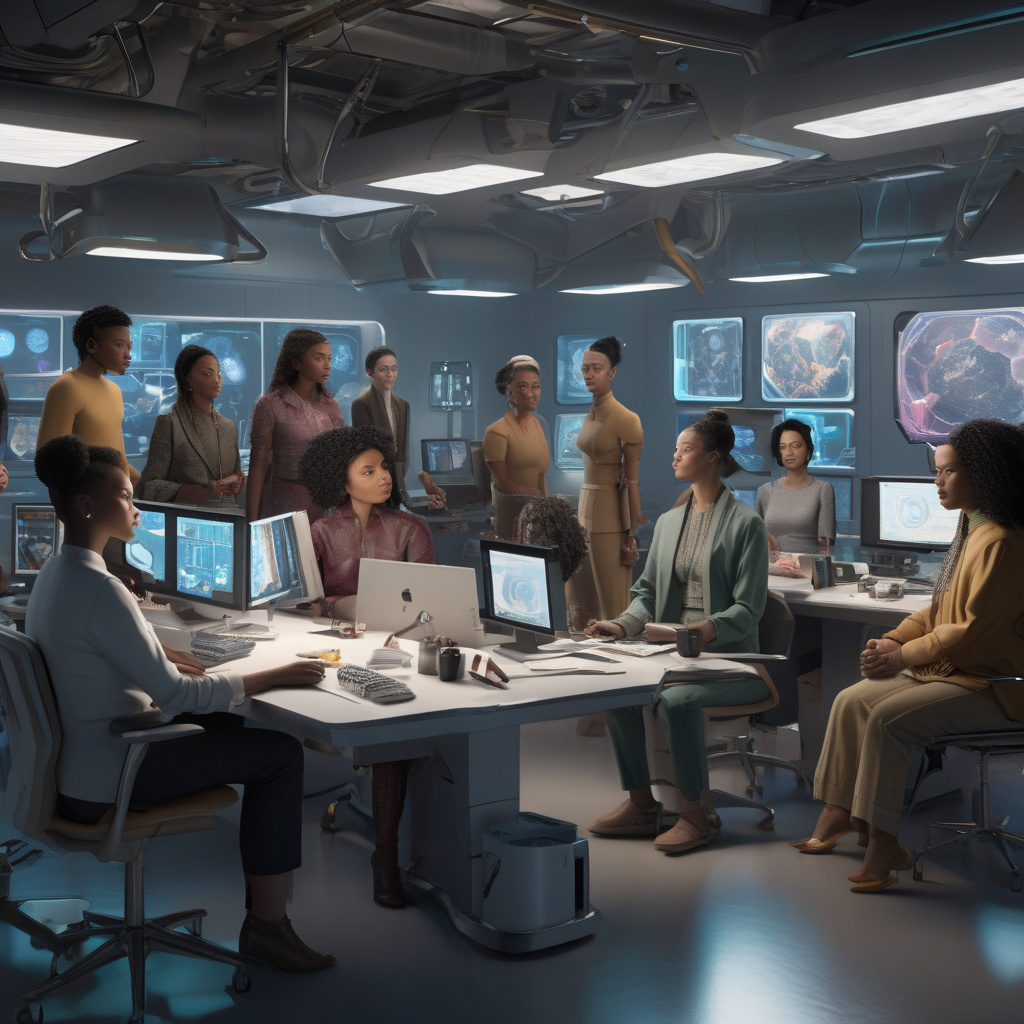Cognitive Offloading: Navigating the Shift in Critical Thinking in the AI Age
The rise of Artificial Intelligence (AI) is revolutionizing various aspects of our lives, from work to education. Tasks that were once time-consuming and labor-intensive can now be completed with a few clicks or commands, thanks to the advancements in AI technology. While this has undoubtedly increased efficiency and productivity, it has also sparked a debate about the implications of cognitive offloading on our ability to think critically and maintain cognitive independence.
Cognitive offloading refers to the practice of relying on external devices or systems to store or process information that we would traditionally store and process internally. In the context of the AI age, cognitive offloading often involves delegating tasks to AI systems, such as virtual assistants, chatbots, and smart devices. While this can free up our cognitive resources for other tasks, it also raises concerns about the potential consequences for our cognitive abilities in the long run.
One of the primary concerns surrounding cognitive offloading is its impact on critical thinking skills. Critical thinking is the ability to analyze information objectively, evaluate different perspectives, and make informed decisions. By offloading cognitive tasks to AI systems, there is a risk that we may become overly reliant on these systems to interpret information and make decisions on our behalf, potentially undermining our ability to think critically and independently.
Moreover, cognitive offloading can also lead to a phenomenon known as the “Google effect.” Research has shown that the ease of access to information through search engines like Google can lead to a decrease in our ability to retain and recall information. When we know that we can easily look up information online, we are less motivated to commit it to memory, leading to a reliance on external sources for information that we would have previously stored internally.
In the context of education, cognitive offloading raises questions about the impact on learning and knowledge retention. As students increasingly turn to the internet and AI-powered tools to assist with their studies, there is a concern that they may not be developing the critical thinking skills and knowledge base necessary for success in the future. While AI can undoubtedly enhance the learning experience by providing personalized feedback and support, striking a balance between leveraging AI technology and fostering independent thinking is crucial.
So, what does the future hold for cognitive offloading in the AI age? As AI continues to advance and integrate into various aspects of our lives, finding ways to harness its benefits while mitigating its potential drawbacks will be paramount. One approach is to incorporate critical thinking skills into AI education and training programs to empower individuals to think more critically about the information provided by AI systems.
Additionally, promoting a culture of lifelong learning and curiosity can help offset the negative effects of cognitive offloading by encouraging individuals to seek out new information, challenge their assumptions, and engage in continuous learning. By embracing a proactive approach to cognitive offloading and critical thinking, we can navigate the complexities of the AI age while maintaining our cognitive independence and ability to think critically.
In conclusion, cognitive offloading in the AI age presents both opportunities and challenges for critical thinking and cognitive independence. By being mindful of the potential pitfalls of excessive reliance on AI systems and taking proactive steps to cultivate critical thinking skills, we can adapt to the ever-changing landscape of AI technology while preserving the essence of human cognition.
AI, CognitiveOffloading, CriticalThinking, Education, FutureMind
